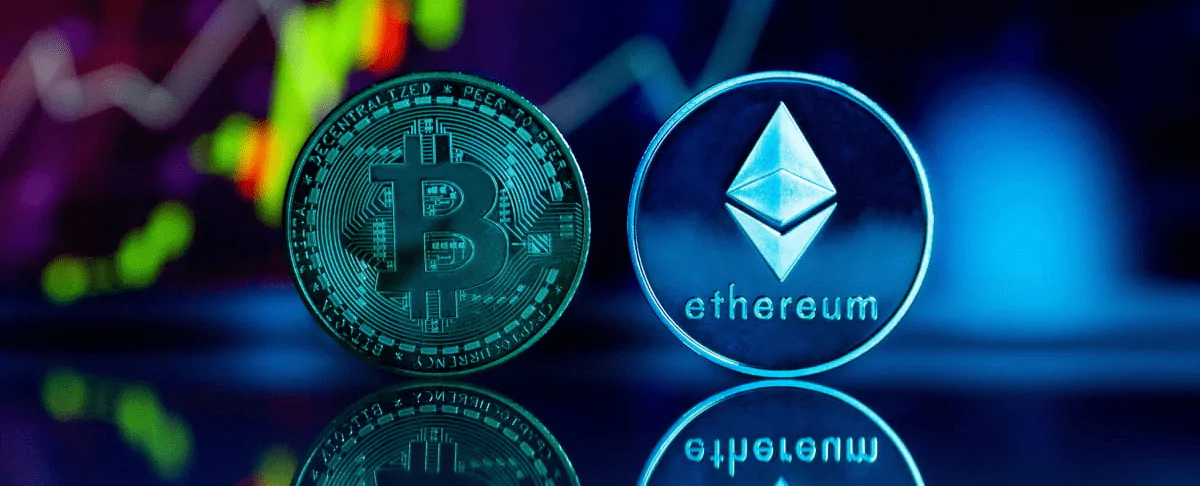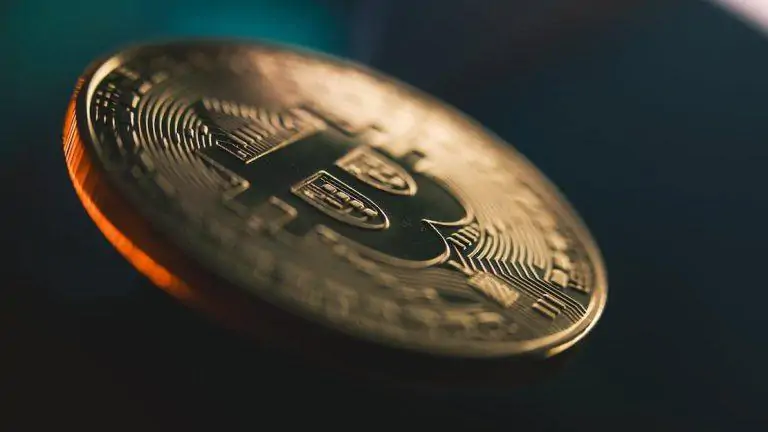Greece has made significant efforts to adopt a tax policy on crypto assets as the use of cryptocurrencies grows globally. In January 2025, the Greek government introduced new tax regulations for cryptocurrency transactions.
08.11.2023

Crypto tokens are the cornerstone of blockchain technology and the main element of the financial ecosystem. In February 2025, there are more than 36.4 million crypto tokens. Some experts believe that we’ll double this number by the end of 2025. In this article, we will explore what a token is, explain the main features of ERC-20 tokens and how they can be used in the crypto ecosystem.
What is a token?
A token is a synonym for ‘digital asset’ or ‘cryptocurrency’. It is a representation of an asset, cryptocurrency, stock, property, interest or anything else that has been created on the blockchain. Tokens are based on smart contracts and can have different characteristics and standards. They can be used as an investment, a means to store value or to make purchases.
What are ERC-20 tokens?
ERC-20 is the standard for fungible tokens created on top of the Ethereum blockchain. It is one of the most popular standards for creating tokens on Ethereum. The ERC-20 format allows developers to create smart contract tokens that can be used with other products and services. Like any other token, they can represent any type of asset built on top of the Ethereum blockchain.
To date, the majority of Ethereum-based tokens are ERC-20.
More than just currency: Why do we need ERC standard tokens?
The ERC-20 standard is widely used in the crypto industry. It is perfect for creating utility tokens in decentralized applications (DApps), voting, project funding through initial coin offerings (ICOs), asset management and many other purposes. In addition, ERC-20 tokens have become the basis for the creation of stablecoins, digital currencies pegged to traditional fiat currencies (most often the dollar). This standard enables developers to create diverse financial instruments and services on the blockchain.
To understand how ERC-20 tokens work, let’s examine their main characteristics:
- Divisibility. The fact that tokens can be divided into smaller parts can be useful for creating microtransactions and allowing fractional ownership, such as in real estate.
- Public ledger. Blockchain transactions are transparent and recorded on the blockchain. This makes all information publicly available.
- Decentralisation. ERC-20 eliminates the need for third parties as it is fully decentralised based on smart contracts.
- Transparency. Blockchain technology makes it possible to track all operational records in one place.
- ERC-20 versatility. ERC-20 standard tokens are compatible with most existing wallets and exchanges.
How to create a token in 5 minutes?
Creating an ERC-20 token can be quite easy. Currently, there are many token creation platforms with their own smat contracts that you can use to create your token in just a few minutes. All you need to do is create an account, a blockchain network and follow a few simple steps. For example, you can use ready-made solutions such as MyEtherWallet or Ethereum Token Factory. Define the parameters of the token beforehand: name, symbol, total supply and type of decentralization (full or partial).
How and for what can tokens be used?
There are a number of use cases for crypto tokens, such as
- Project funding. ERC-20 tokens can be used to raise funds in ICOs and Security Token Offerings (STOs).
- Decentralised applications (DApps). The Ethereum platform and PoS algorithm is the motherland of dApps. Crypto tokens can be used to pay for services and resources within DApps.
- Voting. Tokens can be used for voting in various DAOs and other decentralized structures.
- Asset management. Tokens can be used to create personalised investment portfolios.
- Virtual items and games. Web3 games use native tokens for in-game trading and other rewards.
- Tokenisation of assets. ERC-20 tokens are used to tokenize real estate, art and other types of physical assets.
Key differences between tokens and cryptocurrencies
Tokens and cryptocurrencies have similarities, but tokens have a broader range of implementations. While crypto assets such as Bitcoin or Ethereum function as digital equivalents of fiat, tokens can represent different assets and have a broader range of applications. In short, cryptocurrencies are tokens that are issued as a form of payment, while crypto tokens can represent a form of any physical/virtual product/asset/work of art, etc.
How do you earn with tokens?
Earning with tokens can be achieved in several ways:
- Investments. Buying tokens at an early stage, getting on the whitelist is a perfect way to get passive income, especially if the value will increase significantly.
- Mining. If you have the time and money to buy complex computer equipment and support network operations, you can earn from mining, remembering that halving the value every 4 years always doubles down the reward.
- Participate in ICOs and STOs. Investing in early stage projects means you can buy tokens at a discount.
- Provide liquidity. Participate in liquidity pools on decentralized exchanges and provide liquidity to earn fees every time the assets in the pool you invested in are exchanged.
What is the price of a token?
The price of a token depends on market conditions, supply and demand, the type of token and the network it’s built on, and many other factors. There is no fixed price for a token, as all cryptocurrencies tend to be very volatile (except stablecoins).
Why do we need tokens?
Tokens are essential for various types of applications, including innovative financial projects, dApps, asset management and voting. Their main purpose is to give ecosystem participants access to various digital assets and services.
Where can I get tokens?
Tokens can be obtained through cryptocurrency exchanges, by participating in ICOs or STOs, airdrops and referral programmes, by receiving them as a reward for mining, or by trading them for other assets on decentralized exchanges.
Types of tokens
There are many types of tokens, including
- Utility tokens. Used to access features and services within dApps.
- Security tokens. Represent ownership rights or shares in assets and provide profit sharing or voting rights.
- Stablecoins. Pegged to the value of traditional currencies such as the US dollar to reduce volatility.
- Collectible tokens. Represent unique virtual items that can be collected in games or digital art.
In conclusion, crypto tokens have a wide range of applications in the blockchain world. They open up new opportunities for investment, passive income, tokenization, voting and financial management. However, always remember that any token created on the blockchain is a high-risk asset, so always DYOR and consult with financial experts before investing.




